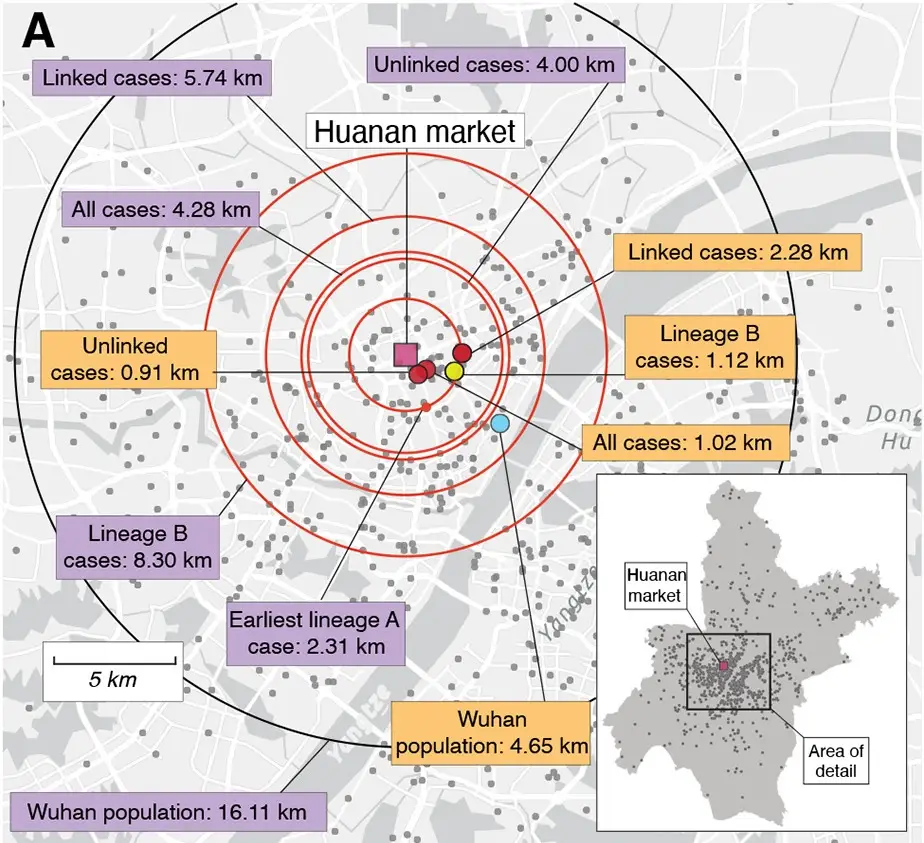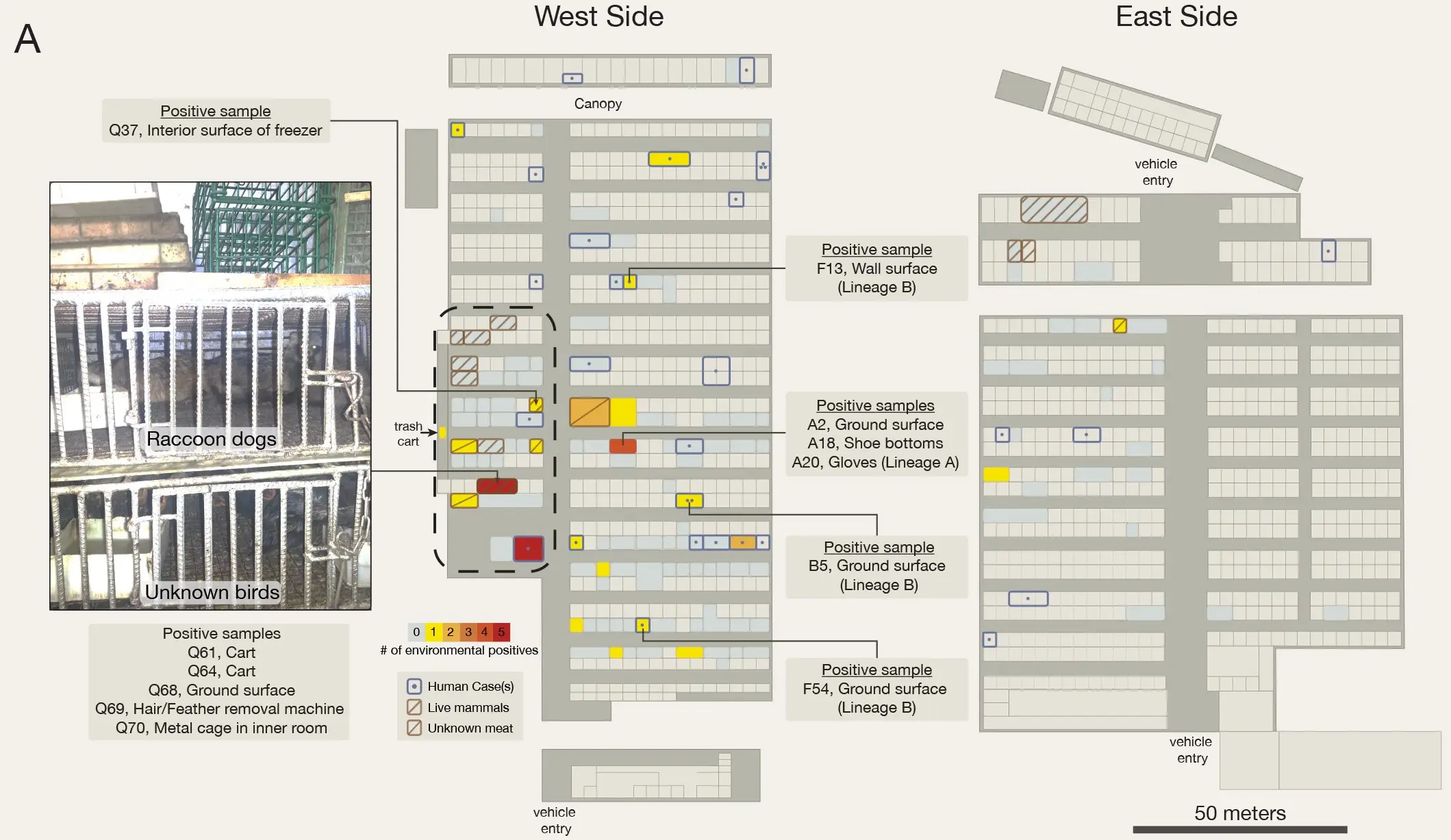
Topics: News, World News, Coronavirus

Topics: News, World News, Coronavirus
Scientists believe they have at last worked out where the Covid-19 pandemic originated from.
Once the pandemic begun to grip the world, killing millions and forcing entire countries to go into lockdown, many people wanted to know how it started in the first place.
Where this virus - which seemed to come out of nowhere and within weeks triggered massive societal change - actually originated from was a question many wanted answered.
There have been plenty of theories ranging from scientific hypothesis to outright conspiracies claiming Bill Gates used 5G towers to infect you with the virus.
Advert
Others have argued that the virus could have been accidentally leaked from a lab which was researching coronaviruses.
Now, however, scientists say they've pinpointed the origin of the coronavirus and believe they've identified exactly where Covid was first transmitted from animals to humans.

According to a pair of papers published by Science, the spot where Covid originated from was indeed the Huanan Seafood Wholesale Market in Wuhan, China.
They've found that the first cases of coronavirus in humans came from the market in late November and early December 2019.
Research indicates that caged live animals infected with the virus and sold at the market spread the disease to vendors and customers, who in turn passed it on to others in Wuhan.
The live animal market was identified early on as a possible origin point for the pandemic and now it looks as though those early suggestions have turned out to be correct.
An international team of scientists who have done extensive, peer-reviewed research now say with confidence that the market in Wuhan was the 'epicentre of the Covid-19 pandemic'.

Speaking to NPR, evolutionary biology Michael Worobey explained that they had been able to map out the earliest cases of coronavirus and found so many of them in or around the seafood market.
He said: "From the clinical observations in Wuhan, around half of the earliest known Covid cases were people directly linked to the seafood market.
"And the other cases, which aren't linked through epidemiological data, have an even closer geographical association to the market.
"That's what we show in our paper. It's absurd how strong the geographical association is."
He explained that it would be very unlikely for a major outbreak at the market if it wasn't home to a source of the virus, as there are many other places in a city which would be far more likely to spread disease.
Worobey suggests the odds of the virus not having an origin point in the seafood market are about '1 in 10,000'.
If you have a story you want to tell, send it to UNILAD via [email protected]